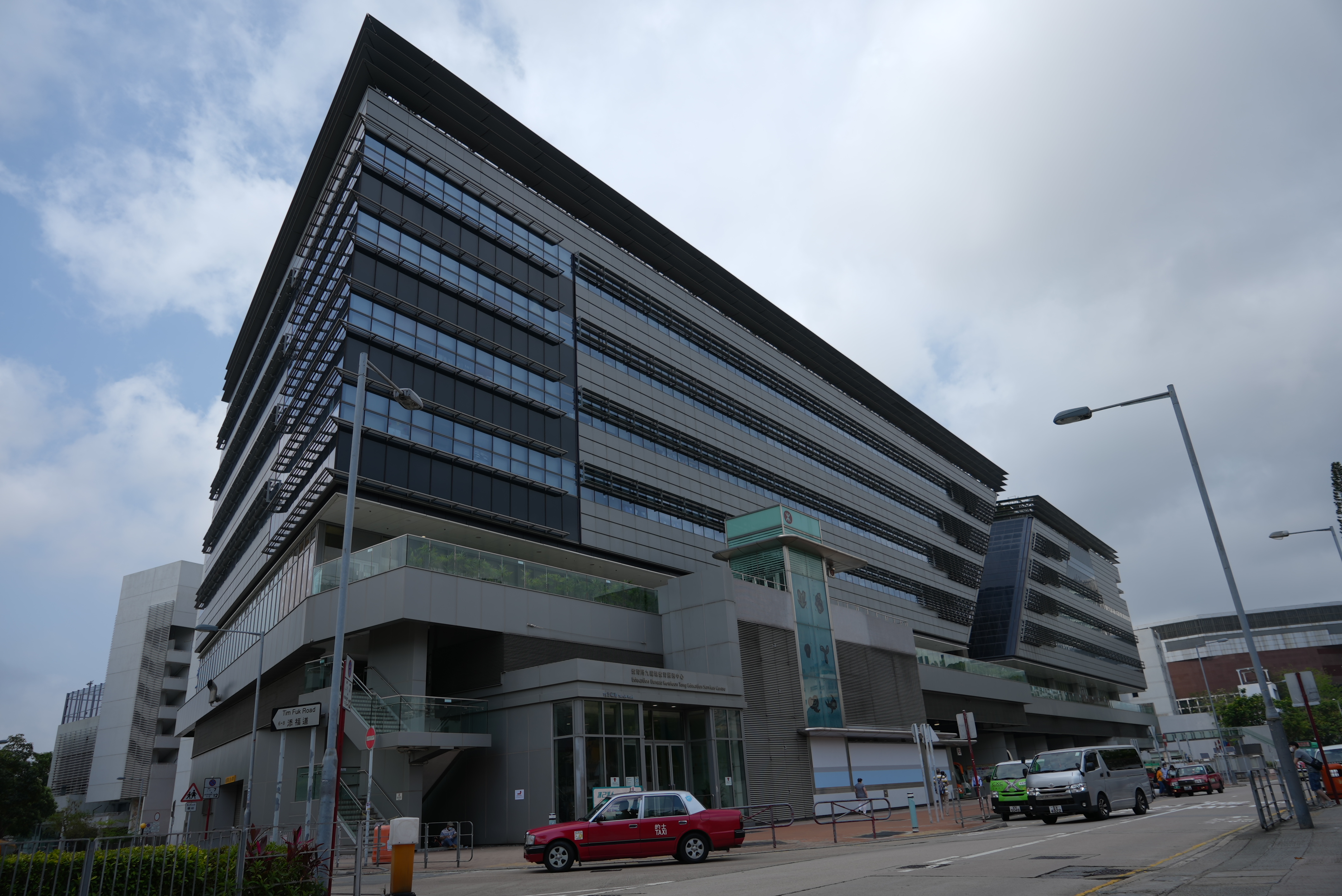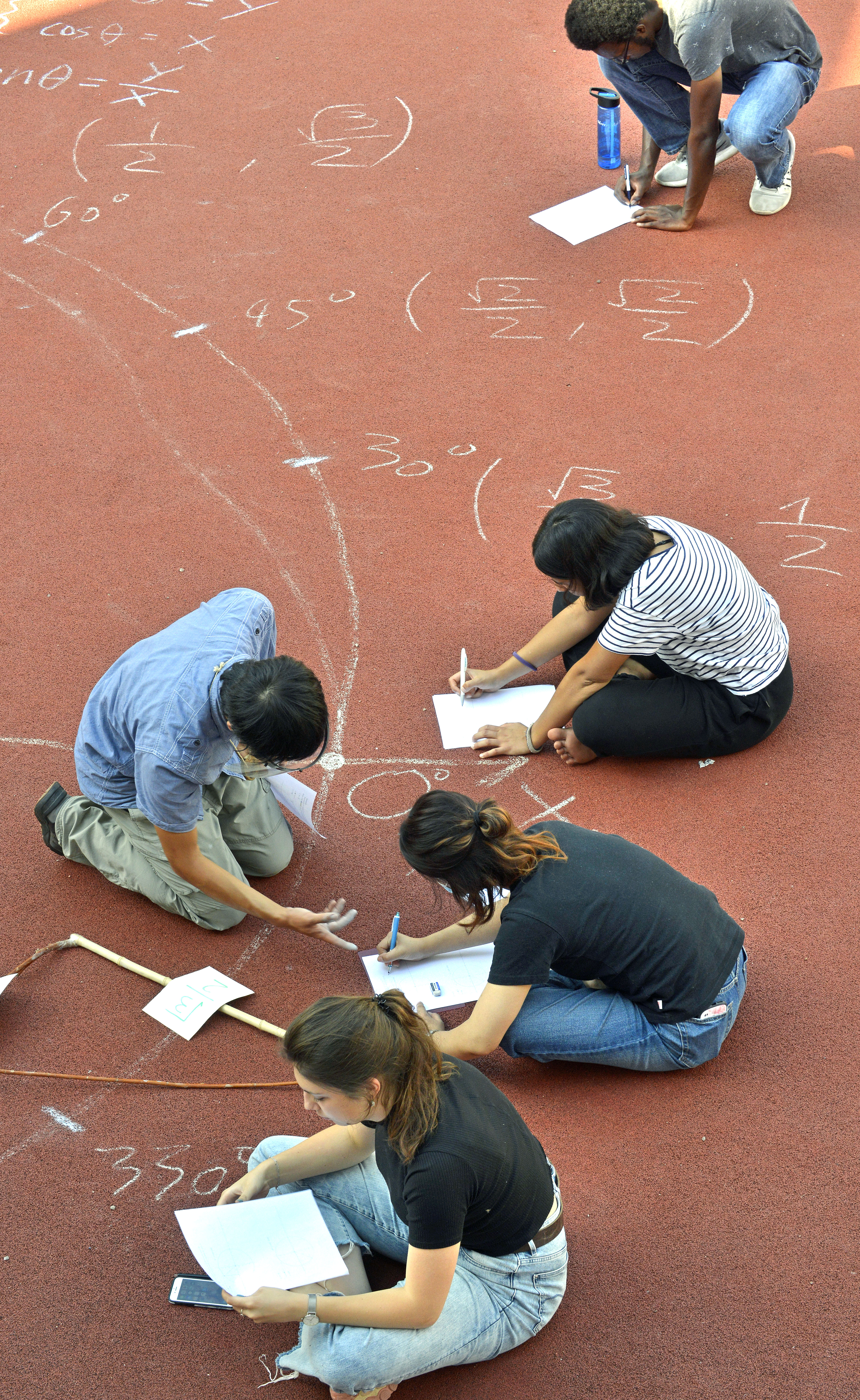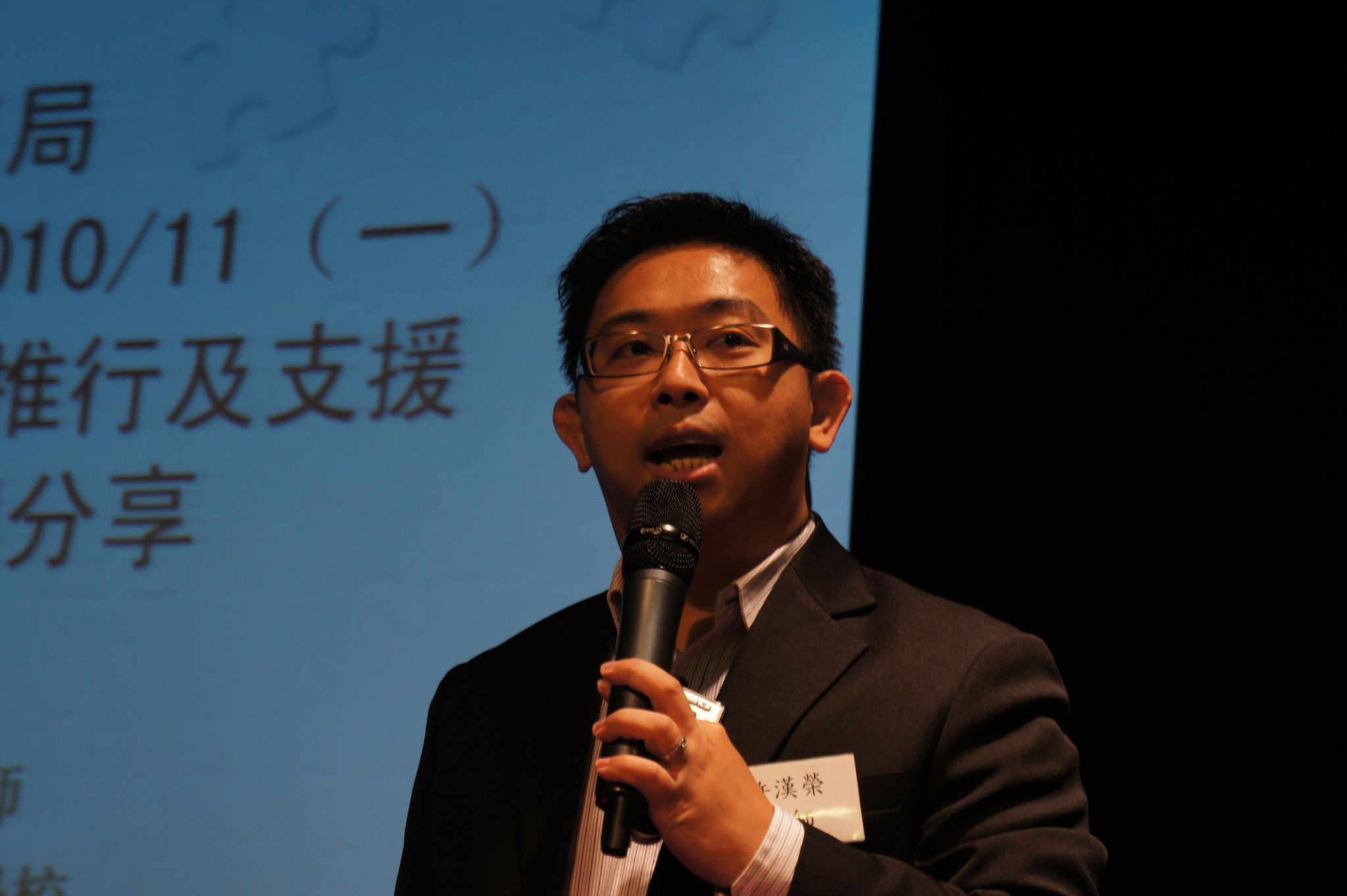Ms Cheung worries about her children's future education after the Education Bureau issued new guidelines to bring Hong Kong schools in line with the national security law.
A public opinion survey on emigration conducted by Chinese University of Hong Kong in 2020 found that 43.9% of 737 respondents said they would emigrate if they have the chance and 35.0% were already preparing to move.
Among them, Ms Cheung and her husband who are planning to leave Hong Kong in June for her children’s future. She doesn’t want her children to grow up in a place where freedom is restricted.
Reasons for leaving
The line chart shows the percentage of Hongkongers leaving the city because of dissatisfaction with the city's political system had increased from 19.5% to 27.3% in 2020, making the highest percentage among other factors.
“The Education Bureau has introduced a new syllabus and guidelines. Every subject has to include some idea about the national security law. I think the purpose of this is to brainwash every student to accept whatever the mainland government wants. It is not education at all, ” Ms Cheung said.
“We parents have no say in what is taught in the schools. Kids are just like blank slates. You can write anything on them, and they will accept anything they are taught. They are so young and cannot tell what is right and wrong,” Ms Cheung said.
Another interviewee, Ms Cheung, a primary teacher, who asked to use only her surname understands parents’ concern. But she also thinks that learning the history of a country and its national security law is normal in other countries too. She has been teaching English, Science and moral education at a primary school for two years.
She would have to follow the government’s instructions in teaching students about the history of China and politics, and would not add more information in order to protect her students and herself.
“I think my approach now is not to talk a lot about the political stuff to protect my students, as well as to protect myself because things are changing rapidly,” said Ms Cheung.
On February 4, the Education Bureau issued guidelines to bring Hong Kong’s schools in line with the national security law. The guideline states that “as far as national security is concerned, there is no room for debate or compromise”. Teachers are barred from approaching national security as a debatable matter and are expected to teach students that safeguarding national security is the responsibility of all citizens.
Some critics see the prescriptive guidelines as “white terror” and invasive micromanagement of schooling, while proponents said they provided clearer guidance for educators.
Hong Kong marked the city’s first “National Security Education Day” on April 15, which aims to raise Hong Kong residents’ awareness of national security, create a positive atmosphere of national security, deepen understanding of the National Constitution, the Basic Law and foster national identity.
On the day, school pupils were given a chance to hold rocket launchers and other weapons, and in Tuen Mun, children watched goose-stepping parades and were taught how to hold rifles used for drills at the Immigration Department’s training Institute.
On April 22, the Education Bureau also issued a new guideline for secondary school students to learn about national security when studying subjects including accounting, chemistry and physics.
Hui Hon-wing, a lecturer at the Department of Education Policy and Leadership at the Education University of Hong Kong said such interference in school management is not anything new. The Education Bureau has the authority to intervene in school management when necessary in order to ensure that schools comply with the guidelines.
“ I think we have experienced another kind of education practice in Hong Kong. In the past we enjoyed some sort of autonomy. For example, in liberal studies classes, teachers could discuss any topics and teach the students to have their own judgement followed with different kinds of evidence. Now under the national security law and basic law education, teachers have to follow strict instructions from the Education Bureau,” Mr Hui said.
“ I think the Education Bureau will give some materials to the schools and the officials will need the school to give them reports or responses whether they use materials provided by them.” he added.
An associate professor at the Department of Educational Administration and Policy, Celeste Yuen Yuet-mui, from Chinese University of Hong Kong said in principle, all schools should be in line with the government guidelines. Schools receiving government subsidies have an obligation to follow the rules and regulations.
“The point is the details of the national security law. Since this is only the initial stage, a lot of details are not yet clear. This creates a lot of fear and the uncertainties because people do not know to what extent it will allow them to do their school based management.” Prof Yuen said.
“It is too early to know the impact on education as such. We have to wait and see to what extent the practical implementation of the law has on the school curriculum,” said prof. Yuen.

The Education Bureau on April 22, issued a new guideline for students to learn about national security when studying subjects including accounting, chemistry and physics. Photo: MS
Hong Kong has been governed by a school based management approach. Schools have their autonomy to create their own culture and structure to some extent. But now it seems that under the national security law, there are new sets of regulations, and a new set of expectations, she added.
“I think there are some additional requirements for the school managers and leaders to follow. Now they have a set of national security laws, to some extent the existing school managers, they have to be trained, they have to put into some kind of refreshment course so that they know how they should govern, manage and lead school according to the expectation of Hong Kong. I think that the Education Bureau is trying out things, they can not tell you clearly what you can do or what you can’t do,” Prof. Yuen said.
Ms Cheung's parents didn’t join her to the UK because of language barriers. She was sad to leave them behind.
“ I pray that the situation in Hong Kong will not get worse so that we can have the chance to visit them regularly.” Ms Cheung said. “We may have no chance to return to Hong Kong if the situation is getting worse.”





